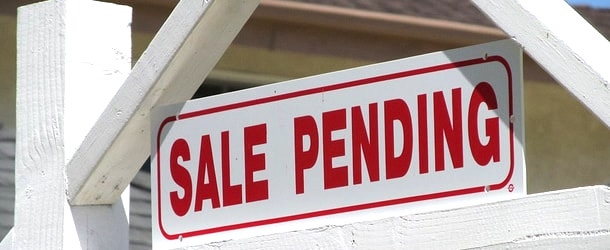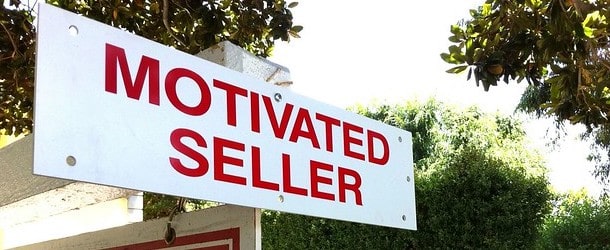
We’ve finally got some clarity regarding what happens after mortgage forbearance in terms of obtaining a subsequent home loan.
The Federal Housing Finance Agency (FHFA), which oversees Fannie Mae and Freddie Mac, announced temporary guidance regarding the matter today.
Waiting Period After Mortgage Forbearance
- No wait to buy a home or refinance if you’re in a forbearance plan but continued making payments
- 3-month waiting period if you didn’t make payments while in a forbearance plan
- Those who paused payments must make 3 consecutive monthly mortgage payments after forbearance ends to be eligible for a new home loan
- Only applies to mortgages backed by Fannie Mae or Freddie Mac
While it’s not 100% clear, thanks to ambiguous wording from the FHFA, it appears there will be a three-month waiting period to get a mortgage after forbearance ends, assuming you didn’t make payments during that time.
The key to eligibility is to ensure that you have made three consecutive payments after forbearance comes to an end, via a repayment plan, the payment deferral option, or loan modification if applicable.
Those who just go back to making regular payments via the payment deferral option should only need to make three regular payments to restore eligibility for a mortgage refinance or new home purchase loan.
The semi-confusing part is the release also says borrowers in forbearance plans are eligible to refinance or buy a home, presumably right away, if they are current on their mortgage.
For example, if a homeowner is in a forbearance plan but still making mortgage payments for some reason, possibly because they just wanted the safety net and didn’t actually need the assistance.
FHFA Director Mark Calabria said those “who are in COVID-19 forbearance but continue to make their mortgage payment will not be penalized,” allowing them to take advantage of today’s record low mortgage rates.
That makes sense seeing that someone who didn’t actually miss a payment shouldn’t have to wait to get a mortgage.
But there’s still some uncertainty, from a lender’s standpoint, if a forbearance plan is available to the borrower and they later decide to pause payments.
Regardless, for the majority who are in forbearance plans and actually not making mortgages payments, the wait will be a mere three months, which is a pretty good deal in my opinion.
The FHFA also extended its policy to purchase mortgages in forbearance, which was due to expire on May 31st, 2020.
They will now buy forborne loans with note dates on/before June 30th, 2020 as long as they are delivered by August 31st, 2020 (and only one mortgage payment has been missed).
What About Mortgage Forbearance Waiting Periods for Other Types of Home Loans?
- No waiting period guidance yet from Ginnie Mae (FHA loans, USDA loans, and VA loans)
- They tend to be more forgiving/flexible than Fannie and Freddie in these situations
- Might be a similar waiting period or none at all if certain conditions met
- Keep in mind that lenders may impose their own overlays above and beyond these rules
It’s unclear how other types of home loans will be treated, such as FHA loans, USDA loans, VA loans, jumbo loans, and miscellaneous portfolio loans.
My guess is Ginnie Mae-backed loans will get similar or even more favorable treatment, seeing that they’re usually pretty lax.
Back during the mortgage crisis, you could get an FHA loan just one year after foreclosure, short sale, or bankruptcy with extenuating circumstances.
Clearly COVID-19 is an extenuating circumstance for EVERYONE so I couldn’t see them imposing much of a wait if any at all.
With regard to jumbo loans, non-conforming loans, and portfolio loans, your guess is as good as mine.
It will likely vary by bank/lender and you may need to meet other various conditions to show you’re not a delinquency threat.
The other question is will there be lender overlays that go above and beyond this interim rule?
In other words, will certain banks and mortgage lenders require borrowers to be six or 12 months out of forbearance before extending new financing?
You could certainly make the argument, especially if there’s a correlation between mortgage forbearance and delinquency rates.
Read more: Will Forbearance Prevent You from Getting a Mortgage in the Future?



